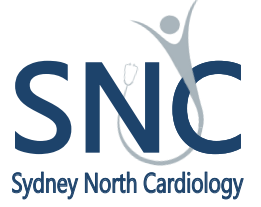Arrhythmias
Arrhythmias (abnormal heart rhythms) occur when there is an abnormality with the heart’s electrical system.
There are many types of arrhythmias such as the most commonly known atrial fibrillation, but can include a slow heart rate (bradycardia), a fast heart rate (tachycardia), a complete or partially blocked signal (AV block). There are also early beats known as ectopy, which are usually benign and harmless if not happening frequently and if your heart is normal. Arrhythmias affects the heart’s ability to pump blood. Arrhythmias can be caused by a heart attack, age related deterioration of the heart muscle or inherited
- Palpitations (usually described as a thumping or fluttering feeling in the chest)
- Dizziness
- Fatigue and lethargy Shortness of breath
For more information on arrhythmias.
Arrhythmia | Heart Foundation
